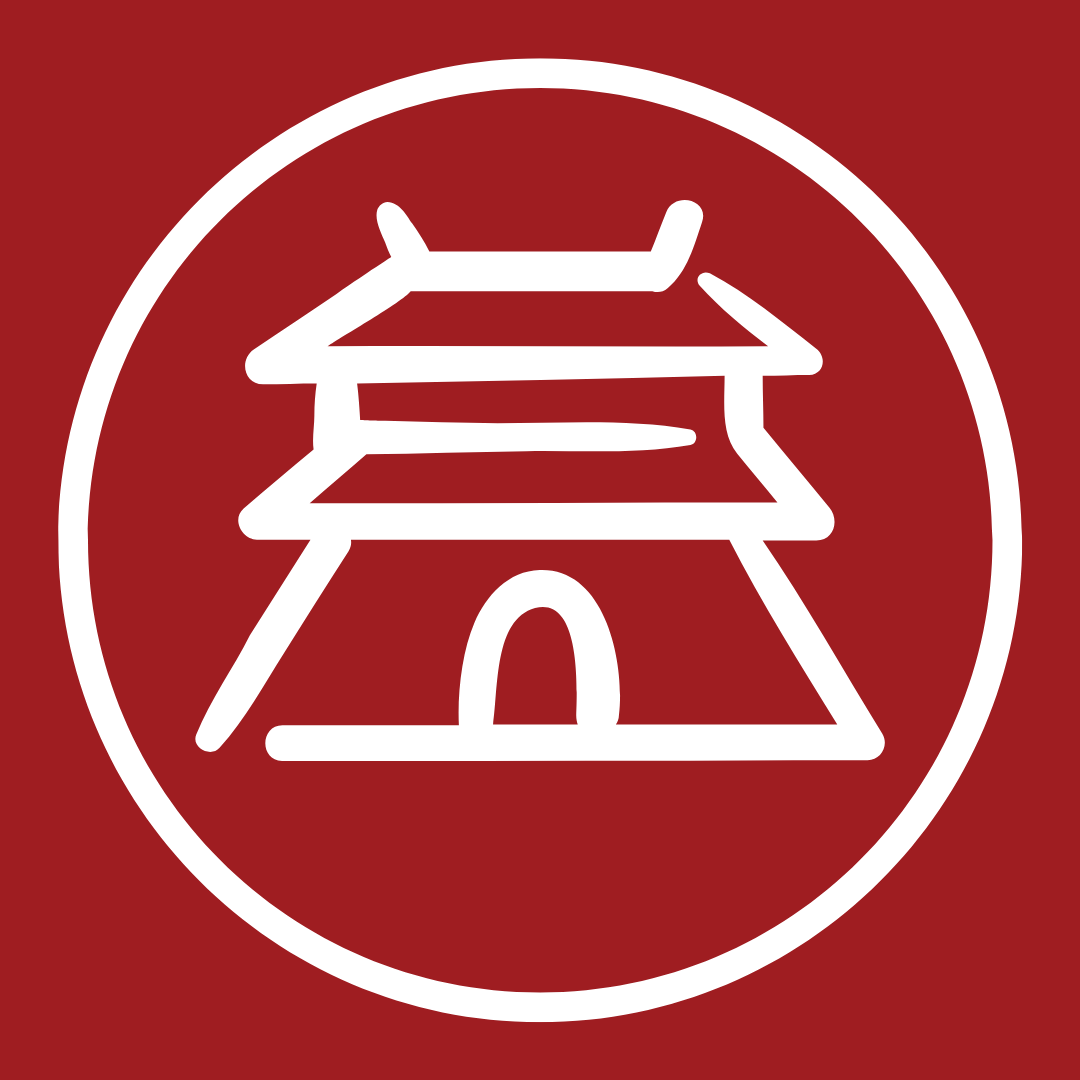MIYABI ANDON is continuing a 400 year legacy.
Bamboo Basketry
For many years, bamboo has been featured in Japanese art works, symbolizing steadfastness, perseverance, resilience and flexibility, thanks to it growing fast, adapting to its environment and its toughness. First mainly used for Buddhist crafts and tea ceremony tools, bamboo was eventually accepted as a traditional Japanese art form. It is now used in architecture, personal care tools (combs and brushes), accessories, chopsticks, home decoration and more.
Suruga Sensuji bamboo is one of the bamboo art styles, and is characterized by the use of thin, round strips to create delicate and gently crafts. Its techniques take approximately 5-10 years to learn and the skills are passed down from generation to generation through family businesses or apprentices. Experienced craftsmen know how- and when to handle the bamboo and are capable of carefully splitting the bamboo extremely thin, creating the most beautiful and delicate of crafts.


MIYABI ANDON
Miyabi Andon was founded in 1914 and has overcome many obstacles over the year. The company is now run by the 4th generation first son, along with his brothers. All three were working in another industry, but decided they could not let their family's legacy and the precious craft know-how disappear, and became an apprentice to their grandfather (2nd generation) to learn. Their goal now is to pass on the traditional craftsmanship and to create unique pieces that are "gems" one by one. In addition to their traditional baskets, bags and wind chimes, they are therefore developing new products to suit European taste, as well as appeal to a younger audience, to spead awareness of the craft both in- and outside of Japan.
Finest Bamboo Craft from Shizuoka
Miyabi’s traditional Japanese aesthetic ideal is centered around elegance, refinement and courtliness, eliminating all crudity and roughness. The word ‘Andon’ originates from the Japanese manufacturing industry and derives from Japanese lanterns. The basketry has been established by Sanji Sugiyama in Shizuoka prefecture, near the famous Mount Fuji. In 1973 they were officially recognized by the Japanese government as official producer of the Suruga basketry.
They specialize in traditional household items as well as modern crafts such as lamps, bags and stationary. They also work together with designers to create unique, customized products on request.
The six craftsmen working at Miyabi Andon are well-known for their exceptionally high-quality designs and crafts.
MIYABI's voices

"Suruga bamboo sensuji work is a traditional craft that requires 0.01 mm of delicacy and precision. You can create an infinite number of different works, from a few centimeters in size to more than 2 meters, spherical and polygonal shapes. In recent joint development with designers, I feel that Suruga Bamboo Sensuji crafts have new possibilities and potential for development born from flexible ideas."

"I am the head of Bamboo and Dyeing. Traditional crafts tend to be a bit formal, but we like them to be casual and enjoyed freely. I want people to be attracked to our crafts and use them in daily life. Through the Suruga Bamboo Sensuji work, we hope that the "wabisabi" that is rooted in the aesthetic sense of Japan people, and the sense of handling things with care for a long time, will take root in a new form.

"I have been a craftsman for 8 years at Miyabi, thanks to the city's "Craftsman Support Project" to train successors in local industries. I will never forget the shock I felt when I saw the Suruga bamboo sensuji for the first time. I was fascinated by the craftsmanship and aspired to become a craftsman myself. I want to improve my skills and contribute to the art being more recognized and passed on to the future.





